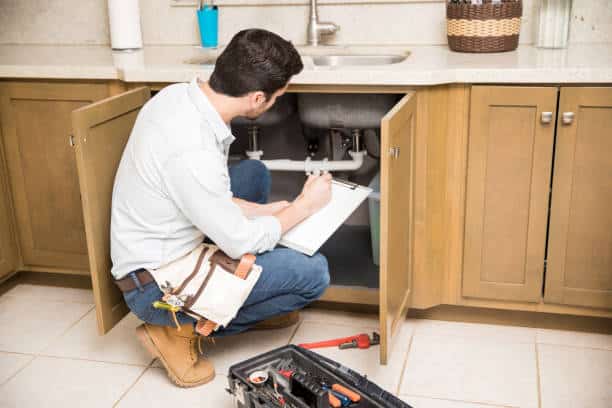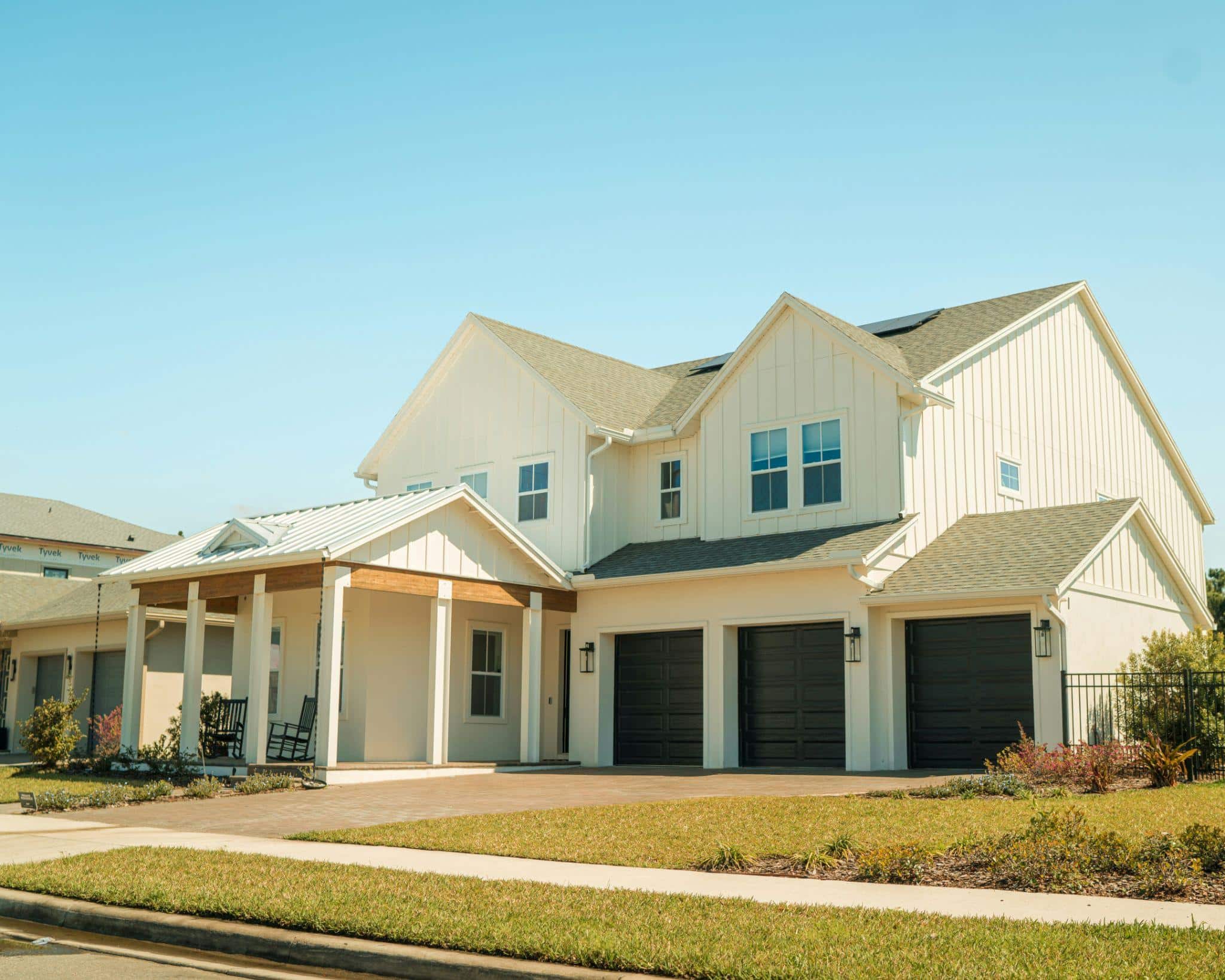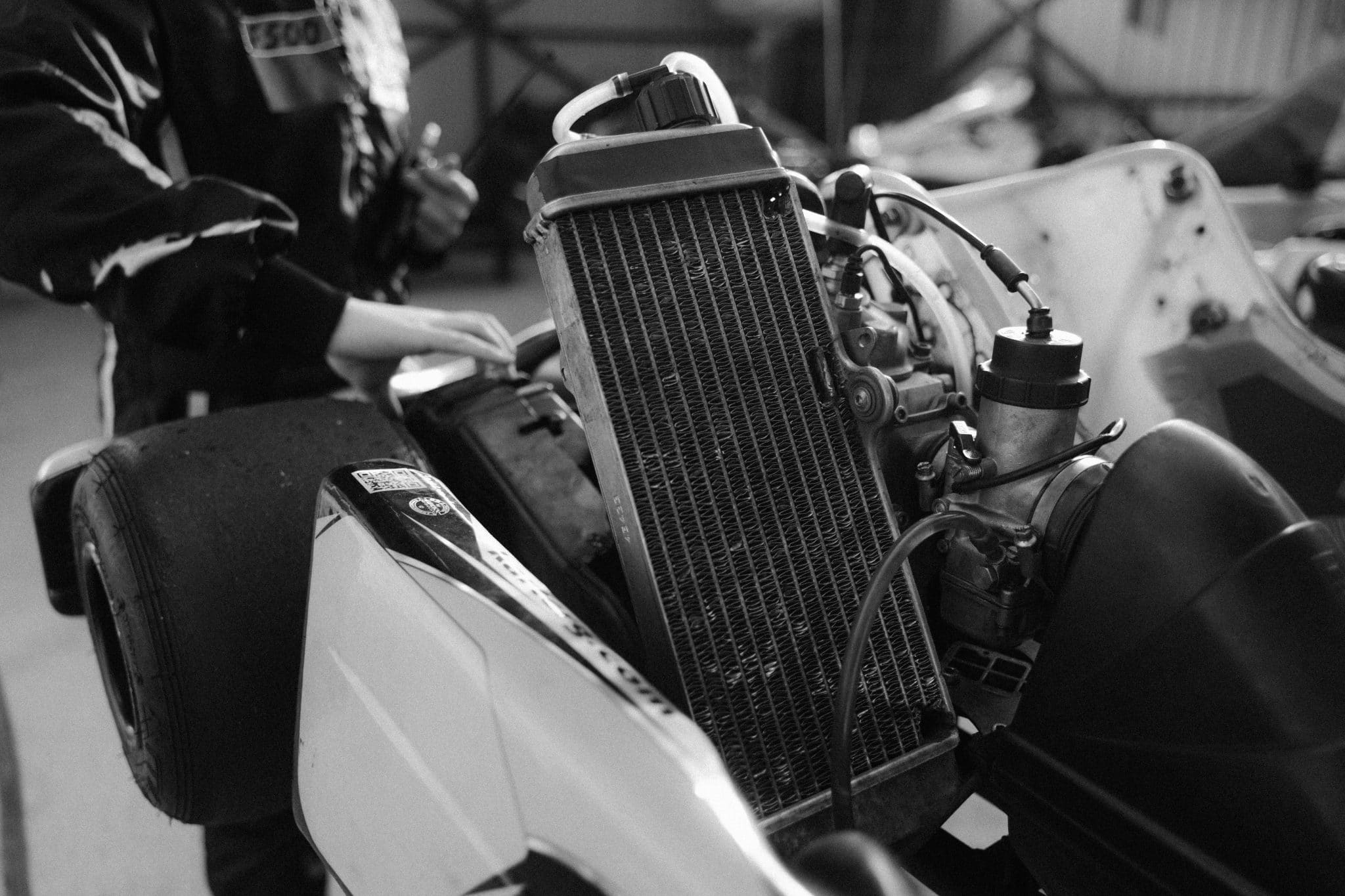When was the last time you had your plumbing checked? If you’re like most homeowners, it’s probably been a while − or maybe never.
Plumbing is one of those things we tend to forget about until there’s a problem, like a burst pipe or a leaking tap. But just like your car needs regular servicing, your plumbing system needs routine inspections to keep everything running smoothly.
A plumbing maintenance checklist can help spot small issues before they turn into big, expensive headaches. They also protect your home from hidden water damage and help you avoid unexpected disruptions.
In this blog, we’ll break down why plumbing inspections are so important, what they involve, and how often you should schedule them. Trust us − your pipes (and your wallet) will thank you.
Catching Problems Before They Escalate
One of the biggest benefits of regular plumbing inspections is early detection. Your plumbing system might look fine on the surface, but hidden issues can quietly build up behind the walls or under the floors.
A small leak, for example, might seem harmless − but over time, it can cause significant water damage or even lead to mould growth. Blocked drains, worn-out washers or slow leaks in your hot water system can also go unnoticed until they suddenly cause bigger problems.
By having a professional inspect your plumbing on a regular basis, you’re more likely to catch these minor issues early. This means faster, easier, and often cheaper fixes.
It also helps prevent the stress of unexpected plumbing emergencies − like waking up to no hot water or a flooded laundry. Think of it as a health check-up for your home − spotting issues before they turn into plumbing disasters.
Preventing Water Damage and Mould
Water damage and mould are two of the most common (and costly) issues caused by hidden plumbing problems. Regular plumbing inspections help you spot trouble early − before it spreads and becomes harder to fix.
Here’s how inspections help keep your home safe:
- Identify hidden leaks: Small leaks behind walls or under floors can go unnoticed for months, slowly damaging your home’s structure.
- Stop moisture build-up: Damp areas from leaking pipes create the perfect environment for mould and mildew to grow.
- Protect floors and walls: Overflowing drains, burst pipes, or leaking taps can cause warping, staining, and rot.
- Maintain air quality: Mould spores can impact indoor air quality and aggravate allergies or asthma.
- Avoid major repairs: Catching leaks early means quicker fixes and less chance of expensive restoration work later on.
A quick inspection today can prevent serious water damage tomorrow − simple as that.
Saving Money in the Long Run
Regular plumbing inspections might seem like an extra cost, but they can actually save you money over time.
Catching a small leak or a slow-draining sink early is far cheaper than dealing with a burst pipe or major water damage later on. Many plumbing issues develop gradually, and the longer they’re left unchecked, the more expensive they become to fix.
Routine inspections also help your plumbing system run more efficiently. For example, a minor issue with water pressure or a faulty valve can cause your water bills to creep up without you even realising it. Fixing those small problems now can mean lower utility costs each month.
Plus, by keeping your system in good shape, you reduce the chance of needing an emergency plumber − which often comes with after-hours fees. Think of inspections as an investment that protects your home and your wallet at the same time.
Ensuring Water Quality and Safety
Your plumbing system plays a big role in delivering clean, safe water to your home. But if something’s not right behind the scenes, your water quality can take a hit.
Regular plumbing inspections help make sure everything’s working properly so you’re not unknowingly using or drinking contaminated water.
Here’s what inspections can uncover:
- Rust or corrosion: Old pipes can corrode over time, affecting water taste, colour and safety.
- Sediment buildup: Especially in hot water systems, sediment can build up and impact both performance and cleanliness.
- Cross-contamination risks: Faulty backflow prevention or broken seals can allow dirty water to mix with clean supply.
- Bacteria growth: Stagnant water in unused pipes or hidden leaks can become a breeding ground for bacteria.
- Lead pipes or fittings: Some older homes may still have outdated plumbing materials that should be replaced.
Safe water starts with a healthy plumbing system − and regular checks help keep it that way.
Extending the Lifespan of Your Plumbing System
Just like any system in your home, your plumbing works best when it’s well looked after. Regular inspections are a simple way to extend the life of your pipes, fixtures and appliances. When minor issues like small leaks, corrosion or mineral buildup are caught early, they can be fixed before they cause long-term damage.
Over time, wear and tear is natural − but letting problems go unnoticed only speeds up that decline. For example, a slow leak in your hot water system can shorten its lifespan significantly if it’s not addressed. The same goes for taps, toilets and even the pipes in your walls.
Routine check-ups help ensure your entire plumbing system stays in good working order for longer. That means fewer replacements, fewer emergencies, and more money saved down the track.
A little preventative care now can add years to your system’s lifespan − worth it, right?
Staying Compliant with Local Regulations
Regular plumbing inspections don’t just protect your home − they can also help you stay on the right side of local laws and regulations.
Many areas have specific rules around plumbing systems, especially when it comes to safety and environmental standards.
Here’s how inspections help you stay compliant:
- Rental properties: Landlords are often required to ensure plumbing is safe and functional for tenants.
- Renovations or extensions: Major plumbing changes usually need to meet updated codes − an inspection ensures everything’s up to standard.
- Backflow prevention: Some councils require regular testing and certification of backflow devices to prevent contamination.
- Selling your home: A plumbing inspection can be part of the pre-sale checklist and helps avoid surprises during building reports.
- Water efficiency standards: Inspections can confirm you’re meeting efficiency guidelines, especially in drought-prone areas.
Keeping up with inspections not only protects your home − it also keeps you in line with the law.
When and How Often to Schedule Inspections
So, how often should you actually book a plumbing inspection? For most homes, once a year is a good rule of thumb.
Annual inspections help keep your system in check and give you peace of mind that everything’s working as it should. If your home is older or has had plumbing issues in the past, you might want to have it checked more frequently − just to be safe.
There are also certain times when a plumbing inspection is a must. Thinking of buying or selling a house? An inspection can uncover hidden problems before contracts are signed. Had recent flooding, heavy storms, or a major plumbing repair? It’s wise to follow up with a check-up.
The best approach is to be proactive. Regular inspections don’t take long, but they can save you a heap of trouble. Scheduling one annually keeps your plumbing healthy and your stress levels low.
Stay Ahead of the Game
Regular plumbing inspections might not seem like a big deal, but they can make a huge difference to the health of your home.
From catching leaks early and preventing water damage to saving money and ensuring clean, safe water − you get peace of mind knowing everything’s in good shape.
It’s a simple, affordable way to avoid nasty surprises and extend the life of your plumbing system. Whether you’re a homeowner, landlord, or planning to buy or sell, routine inspections are a smart move. Think of them as a small check-up that can prevent major headaches down the track.
So, don’t wait for a burst pipe or blocked drain to take action − stay ahead of the game with regular plumbing check-ups. Your home (and your wallet) will thank you for it.








